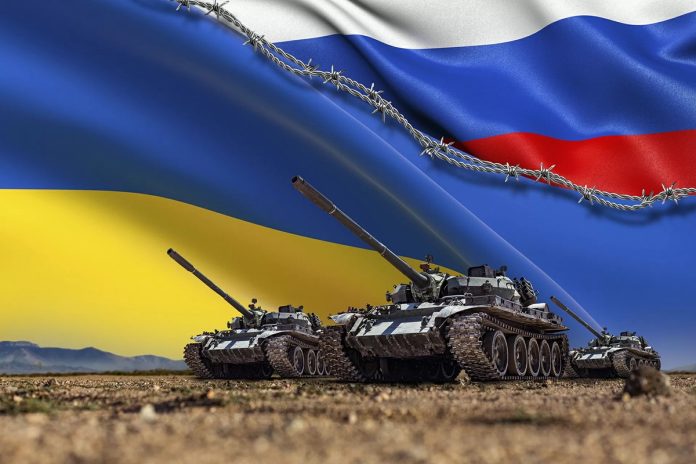The Russia-Ukraine conflict, now in its second year, continues to reverberate across the global geopolitical landscape, serving as a litmus test for the shifting dynamics of international relations. Despite attempts by some to divert attention at recent conferences, its profound impact on European security and the broader global order remains undeniable.
Numerous studies within the international strategic community have underscored the consensus that the conflict is detrimental to both Russia and Ukraine. Initially met with staunch resolve from Europe, public sentiment has shifted toward pragmatism as the desired outcomes have failed to materialize, and Ukraine’s military efforts have faltered.
Economically, the anticipated impact of sanctions imposed by the US and Europe has fallen short. Instead, major European economies have suffered, with Germany experiencing negative growth. Rising inflation and social unrest have bolstered right-wing factions, reshaping domestic politics.
According to experts, “The Russia-Ukraine conflict has led to severe economic crises in major European countries. The entire European economy is sluggish, with Germany, as the locomotive of the EU, experiencing negative economic growth. Severe inflation caused by energy and food crises has exacerbated internal social conflicts, leading to repeated victories for right-wing political forces in domestic elections”.
What is even more surprising is that the Russian economy, in a state of war, has not collapsed, despite the extremely harsh economic sanctions imposed by the US and Europe. Although the war has expelled Russia from the US-led global trade settlement system, it has indirectly strengthened the Russian government’s control over the Russian financial sector. Russia’s industrial production system has been effectively developed. Among European countries, Russia’s economy has performed the best.
For the US, is the escalation of the Russia-Ukraine conflict an important geopolitical success? Apparently, the answer is yes. This military conflict has directly pulled the European Union back into the arms of the US, forced Russia into direct military conflict and, to some extent, slowed down the development of China-European relations. However, the “success” of the US comes with significant long-term strategic costs. An increasingly weakened Europe fundamentally contradicts the US’ global strategic interests. The protracted Russia-Ukraine conflict is steadily eroding the US’ international credibility and its influence within the Western alliance system. Moreover, the out-of-control Russia-Ukraine conflict further strengthens the bilateral relationship of “partnership without alliance” between China and Russia. Also, the increasingly close political and economic relations between Europe and Asia are not good news for the diplomatic strategic interests of the US.
While transatlantic relations have seemingly tightened with joint sanctions against Russia, the era of US dominance is waning. Emerging powers, notably China, challenge US hegemony, while domestic policies strain European alliances.
The conflict serves as a litmus test for great power politics, revealing shifting allegiances and the emergence of a multipolar world. As major nations abstain from taking sides and assert control over strategic resources, traditional Western powers face resistance to their political influence.
In this era defined by the Russia-Ukraine conflict, profound structural changes are underway, heralding a new international order. It is a testament to the enduring impact of geopolitical strife and the evolving dynamics of global power.



